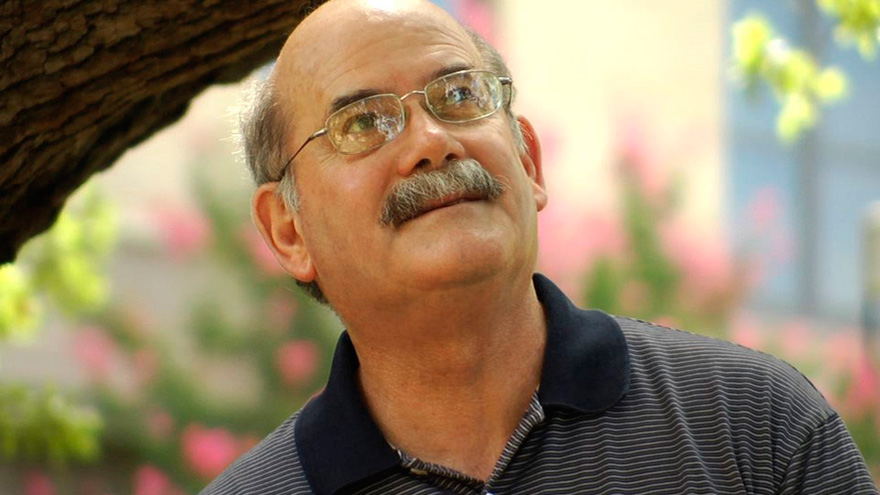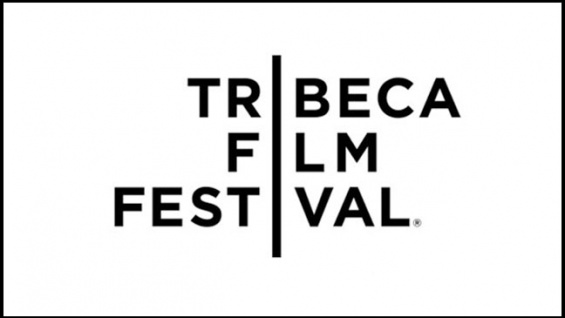
The Revisionaries
Written by Scott Thurman and Jawad Metni
Directed by Scott Thurman
USA, 2012
Social-issue docs, even the effective ones, tend to be subject to certain pitfalls. Sometimes, in their haste to exude hope, they tack on sunny post-scripts that undercut their effectiveness as agents for change (this is particularly true of many eco-docs). Some cater to liberal audiences too obviously, resulting in a distasteful sense of smug superiority. Many rely on stylistic or editing quirks to enliven what might come across as quotidian or arcane subject matter. The Revisionaries, a sterling doc on educational reform debate in Texas, generally manages to avoid these and other common missteps, even if it misses opportunities to make its look at a very worthy issue quite as encompassing as it might have.
Every eight years, the Texas State Board of Education re-assesses its current requirements for the textbook materials that will make up statewide curriculums, ultimately going on to influence national standards. In the context of The Revisionaries, the Board faces two major battlegrounds: science, and social studies. In the former, better-publicized debate, the issue of contention is evolution v. “indelligent design,” though the rhetoric formerly involved in this battle has evolved somewhat. More specifically, the debate revolves around the ways in which textbooks are required to discuss the “strengths and weaknesses” of evolution. The hyper-conservative Christian right-wing segment of the board – led by the doc’s fascinating principal subject, Don McLeroy, and Liberty University chair Cynthia Dunbar – seizes an opportunity to shift their rhetorical strategy so that alternative theories remain a requirement, while dodging attacks by the likes of SMU’s Ron Wetherington (a frequent testifying expert) that the current language is unscientific. In a moment of strategic brilliance, Dunbar uses Wetherington’s own terminology – “analyse and evaluate” – and pitches it to the board. Director Scott Thurman makes sure to keep a close line on developments like these, as they clue us in to the exact process by which seemingly small but incredibly significant shifts occur.
McLeroy, a dentist who treats educational reform like it’s his true calling, is a grinning master of spin, and an eager mouthpiece for young-earth Creationism; he’s also a documentarian’s dream subject, as he’s both attention-hungry and apt to frequently betray his true intentions when pressed to any degree at all. Indeed, he’s most comfortable when he’s at work, scraping off plaque while asking his forcibly-silent patients how they feel about being related to “that tree over there.” Thurman does occasionally threaten to openly mockk McLeroy – particularly in a forced “meeting” between McLeroy and Weatherington at the latter’s home – but mostly he knows well enough to just give McLeroy enough rope.
The missing element in The Revisionaries is often spoken of, but seen only on the periphery. Much is made of the education the children of Texas are receiving, but no attempt is made to interact with the kids themselves to check in on how their interpretations of the origins of life or American history (the film’s other major battleground) may or may not be evolving. Still, that omission doesn’t keep The Revisionaries from being a clear-eyed, meticulous look at how maintaining educational standards amounts to a neverending campaign of seemingly minute rhetorical battles.
Simon Howell
Visit the Tribeca Film Festival site


